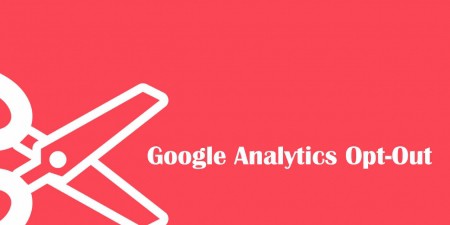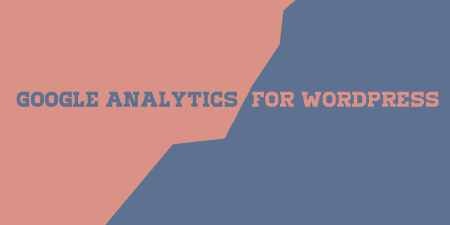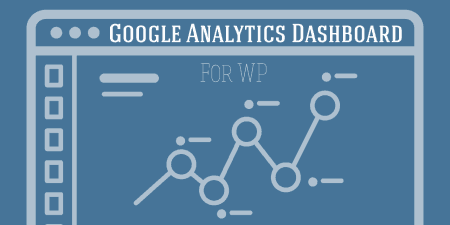In the global network getting information online is easy. However, there are still those who…
Google Analytics has long been the go-to tool for website owners and digital marketers to track and analyze website traffic, user behavior, and engagement metrics. However, with the evolving landscape of digital analytics and privacy concerns, many website owners are seeking alternatives to Google Analytics (including its latest iteration, GA4) that offer similar functionalities while providing additional features and privacy protections. In this article, we’ll explore some of the top Google Analytics/GA4 alternatives for measuring website traffic and analyzing user data.

1. Matomo (formerly Piwik)
Matomo is an open-source web analytics platform that offers features similar to Google Analytics but with enhanced privacy controls and data ownership. Unlike Google Analytics, Matomo allows users to host their analytics data on their servers, giving them full control over their data and ensuring compliance with data privacy regulations such as GDPR. Matomo provides comprehensive tracking capabilities, including page views, visits, bounce rates, and goal conversions, along with customizable dashboards and reports.
2. Clicky
Clicky is a real-time web analytics platform that offers a user-friendly interface and robust tracking capabilities. With Clicky, users can monitor website traffic, analyze visitor behavior, and track conversions in real-time. Clicky’s dashboard provides a wealth of data, including unique visitors, page views, bounce rates, and top referring sites. Additionally, Clicky offers heatmaps, uptime monitoring, and customizable alerts to help website owners identify and respond to trends and issues quickly.
3. Matelico
Matelico is a privacy-focused alternative to Google Analytics that prioritizes data protection and user anonymity. Matelico utilizes differential privacy techniques to aggregate and analyze user data while preserving individual privacy. With Matelico, website owners can track key metrics such as page views, sessions, and user engagement without compromising user privacy. Matelico also offers customizable reports, segmentation, and event tracking capabilities to provide actionable insights for website optimization.
4. Fathom Analytics
Fathom Analytics is a simple and lightweight alternative to Google Analytics that focuses on providing essential analytics features without compromising user privacy. Fathom Analytics uses anonymous data collection methods to track website traffic and user behavior while respecting user privacy preferences. With Fathom Analytics, website owners can track page views, unique visitors, bounce rates, and referral sources without collecting personally identifiable information. Fathom Analytics also offers GDPR compliance and data residency options for users with specific privacy requirements.
5. Simple Analytics
Simple Analytics is a privacy-focused analytics platform that offers straightforward tracking and reporting features for website owners. Simple Analytics prides itself on being transparent and privacy-friendly, with a commitment to minimal data collection and anonymization. With Simple Analytics, users can track essential metrics such as page views, sessions, and referral sources without invasive tracking cookies or user identifiers. Simple Analytics also offers customizable dashboards, real-time reporting, and GDPR compliance features to meet the needs of privacy-conscious website owners.
While Google Analytics and GA4 remain popular choices for website analytics, there are several alternatives available for website owners seeking privacy-friendly and feature-rich analytics solutions. From open-source platforms like Matomo to privacy-focused alternatives like Clicky, Matelico, Fathom Analytics, and Simple Analytics, there are options available to suit a variety of needs and preferences. Whether prioritizing data ownership, user privacy, or simplicity, website owners can find a suitable alternative to Google Analytics/GA4 for measuring website traffic and analyzing user data effectively. By exploring these alternatives and evaluating their features, website owners can make informed decisions about which analytics platform best meets their requirements.






